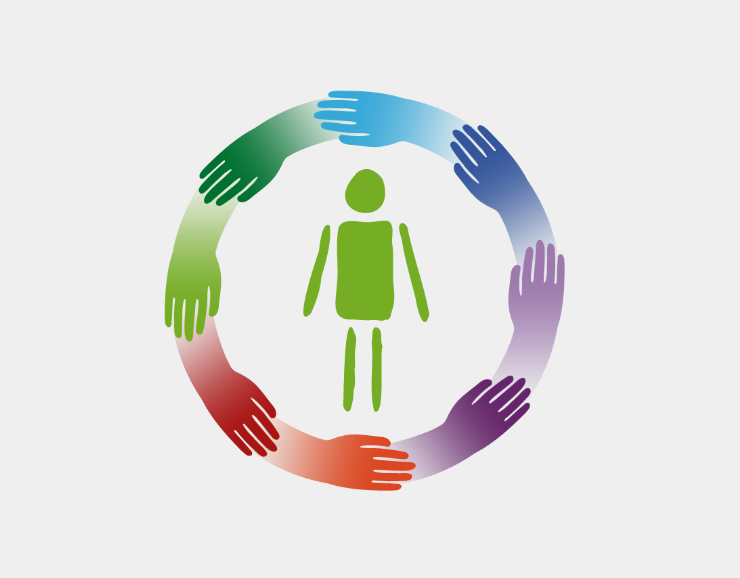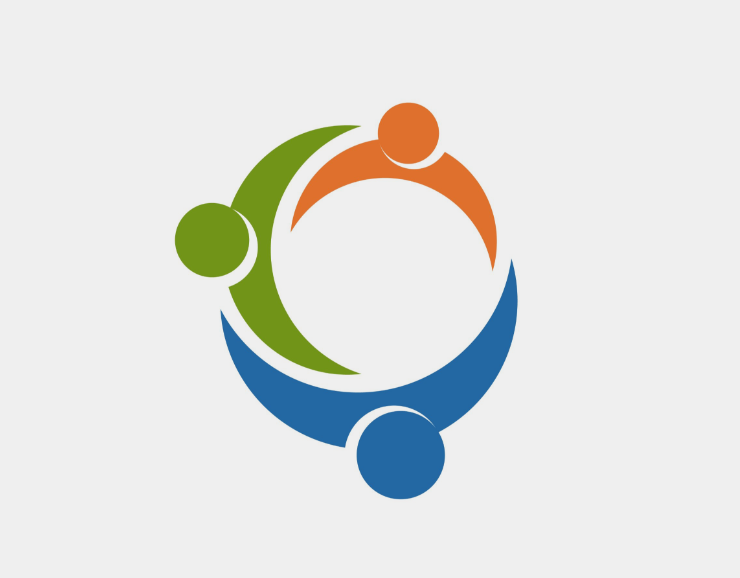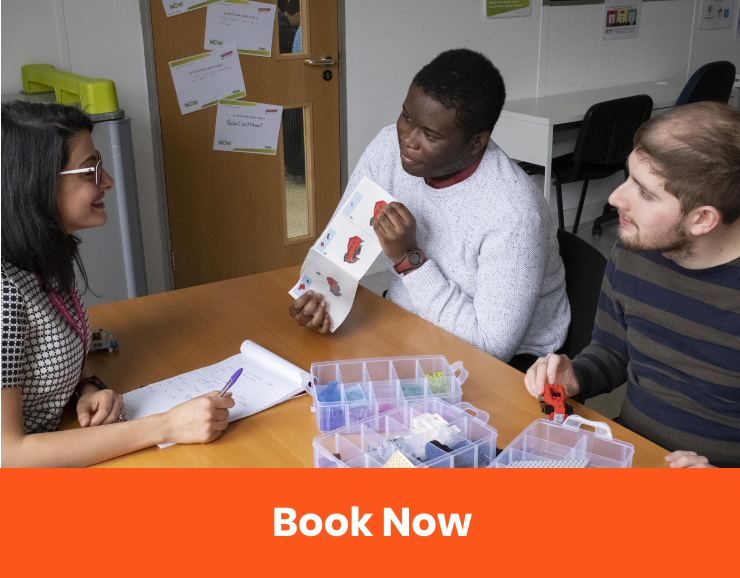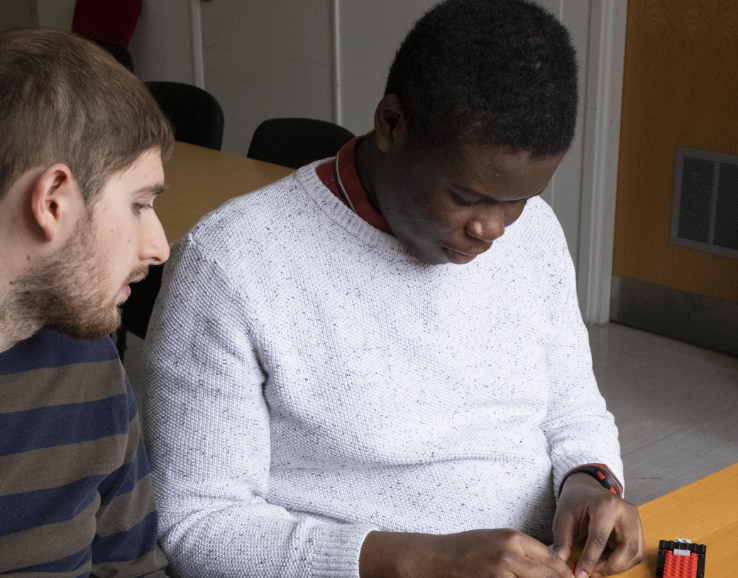Resources & Autism facts

Autism is a lifelong developmental disability that affects how a person communicates with, and relates to, other people. It comes under the Neurodiversity umbrella.
It also affects how they make sense of the world around them. It is a spectrum condition, which means that, while all people with autism share certain difficulties, their condition will affect them in different ways.
Autism and/or Asperger Syndrome are sometimes referred to as Autistic Spectrum Condition (ASC) or Autistic Spectrum Disorder (ASD). Both are lifelong developmental disabilities, which means that the person will always live with the condition. However, the severity of the condition will vary greatly from person to person and whilst a lot of people are diagnosed with autism from a young age, some people may not realise they are affected by it until later in their life.
On this website we refer to Autistic Spectrum Condition / Autism Spectrum Disorder and Asperger syndrome as autism
1 in 100
In the UK have ASC.
96%
will never live independently
620,000
people and their families are affected by autism.
45% - 52%
of autistic people have an additional learning disability. Autistic adults may also have mental health issues.
8,000
autistic young people leave school every year.
21.7%
of autistic people are in any form of paid employment.
75%
don’t access further or higher education.

What is Autism?
Autism is a lifelong developmental disability that affects how an individual makes sense of the world around them. It describes a range of conditions which may include difficulties communicating, repetitive and obsessive behaviour. Some people with autism can live independent lives, but others may have accompanying learning disabilities and need support.
It is a spectrum condition, which means that while all people with autism share certain characteristics, their condition will affect them in different ways. More information can be found on the National Autistic Society’s website
What is Neurodiversity?
Neurodiversity is a viewpoint that the brain differences are normal and that neurological differences such as autism, are the result of natural differences in the human genome.
Neurodiversity
There is currently momentum for global companies to take the lead on neurodiversity within the workplace.
At CareTrade, we work with an organisation to promote and support diversity within the workforce. We help enable an organisation to become more confident and aware of Autism and Neurodiversity.
It is a blanket term for a group of conditions that are under the same umbrella.
It values thinking differently and that everyone is different.
It is seeing the advantages of building diverse teams.
It is appreciation and acceptance of all.
Diagnosis
You can get diagnosed with autism at any time of life.
The average age for diagnosis is over 5 years old, however some children are diagnosed as young as 2 and there are thought to be autistic adults who will never seek a diagnosis.
In children, diagnosis is usually made by a specialist paediatrician following a referral from a GP or child development professional. A diagnosis of autism requires evidence of a ‘triad of impairments’ as described above, the severity of which may vary considerably from person to person and may be accompanied or not by other conditions or difficulties. All must be present for a diagnosis of autism. In addition, some people with autism can be over or under-sensitive to sounds, touch, tastes, smells, light, or colours. This is known as Sensory Processing Disorder, or PSD.
Recent research is seeking to enable health professionals to identify children with autism at a younger age so that they can receive help earlier. There have also been significant developments in the use of MRI brain scans for diagnostics of adults.
You must have a diagnosis of autism and an EHCP to apply for The Autism Project.
Education, Health and Care Plan
An Education, Health and Care Plan – or EHCP – is a legal document that describes the child or young person’s special educational needs, lists the support they need and the outcomes they would like to achieve. It can last until the young person is 25 years old, if necessary.
The EHCP will be provided by the young persons LA, or Local Authority once they have gone through the process of an Education, Health and Care needs assessment.
You need an EHCP if you are interested in applying for our TAP project.
CareTrade does not advise individuals on EHCP directly, so please visit the following trusted sites for more information on how to get an EHCP.

National autistic society

Autism Act 2009
The Autism Act 2009 was the first ever disability-specific law in England. The Act allowed two key things to be implemented:
- To put a duty on the Government to produce a strategy for adults with autism, which was published on 2 March 2010.
- To put a duty on the Government to produce statutory guidance for local councils and local health bodies on implementing the adult autism strategy by the end of 2010. This guidance was published on 17 December 2010.
- The Act, strategy and the statutory guidance relates only to adults with autism living in England. For further information and to read the full document click here.
Autism Strategy
The first ever strategy for improving the lives of adults with autism in England was published on 3 March 2010.
The Autism Act 2009 committed the Government to publishing an adult autism strategy to transform services for adults with autism. The publication of this strategy meets this commitment.
The strategy sets out several key actions and recommendations for central Government, as well as for local authorities, the NHS and Jobcentre Plus, focusing on five key areas:
- Increasing awareness and understanding of autism
- Developing a clear and consistent pathway for diagnosis
- Improving access to the services and support people need to live independently within the community
- Employment
- Enabling local partners to develop relevant services to meet identified needs and priorities.
- For further information and to read the full document click here.
Useful Resources
CareTrade is working to improve the lives of young people with autism

You may be interested
Please get in touch to see how we can help with your workforce







